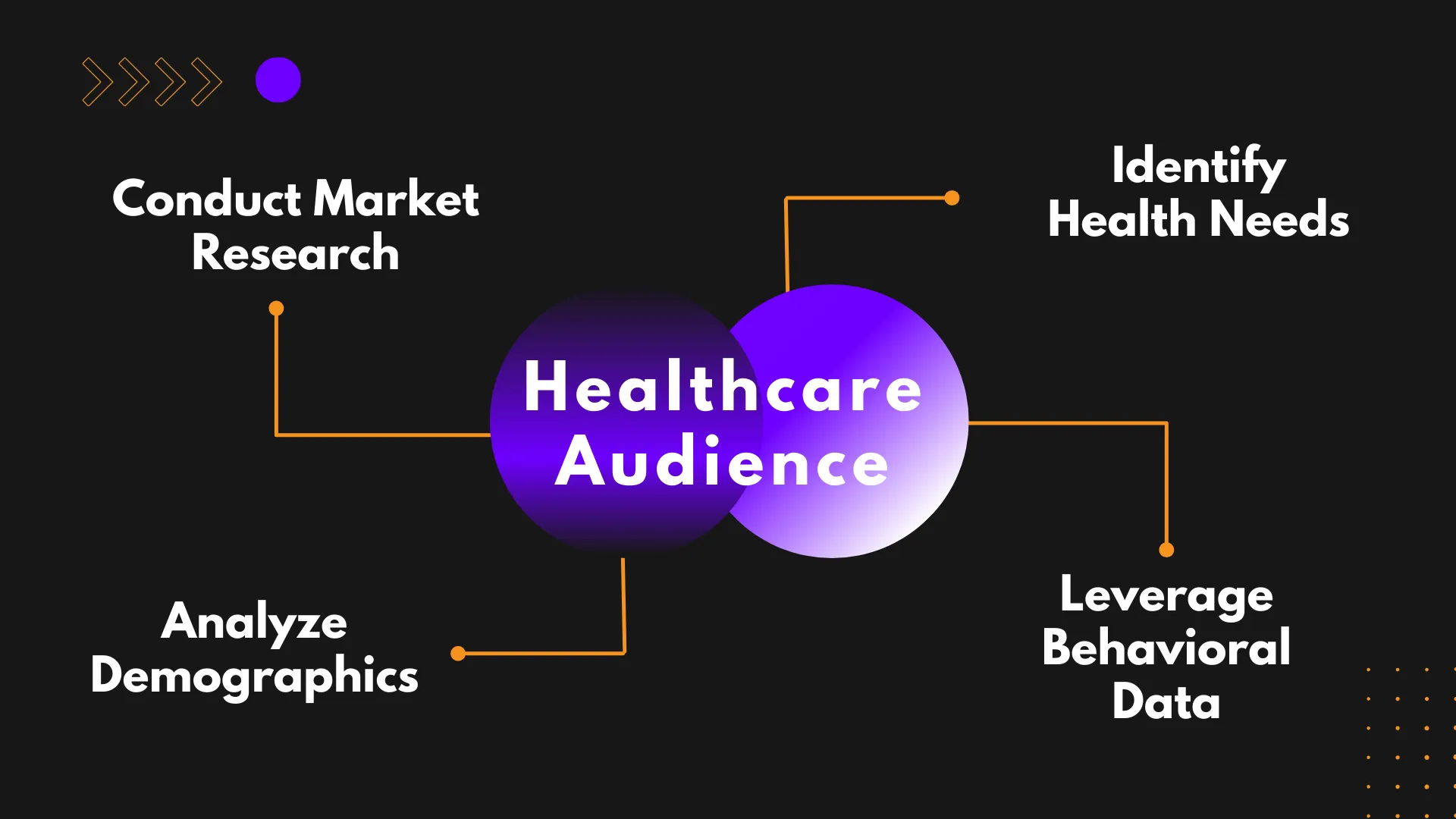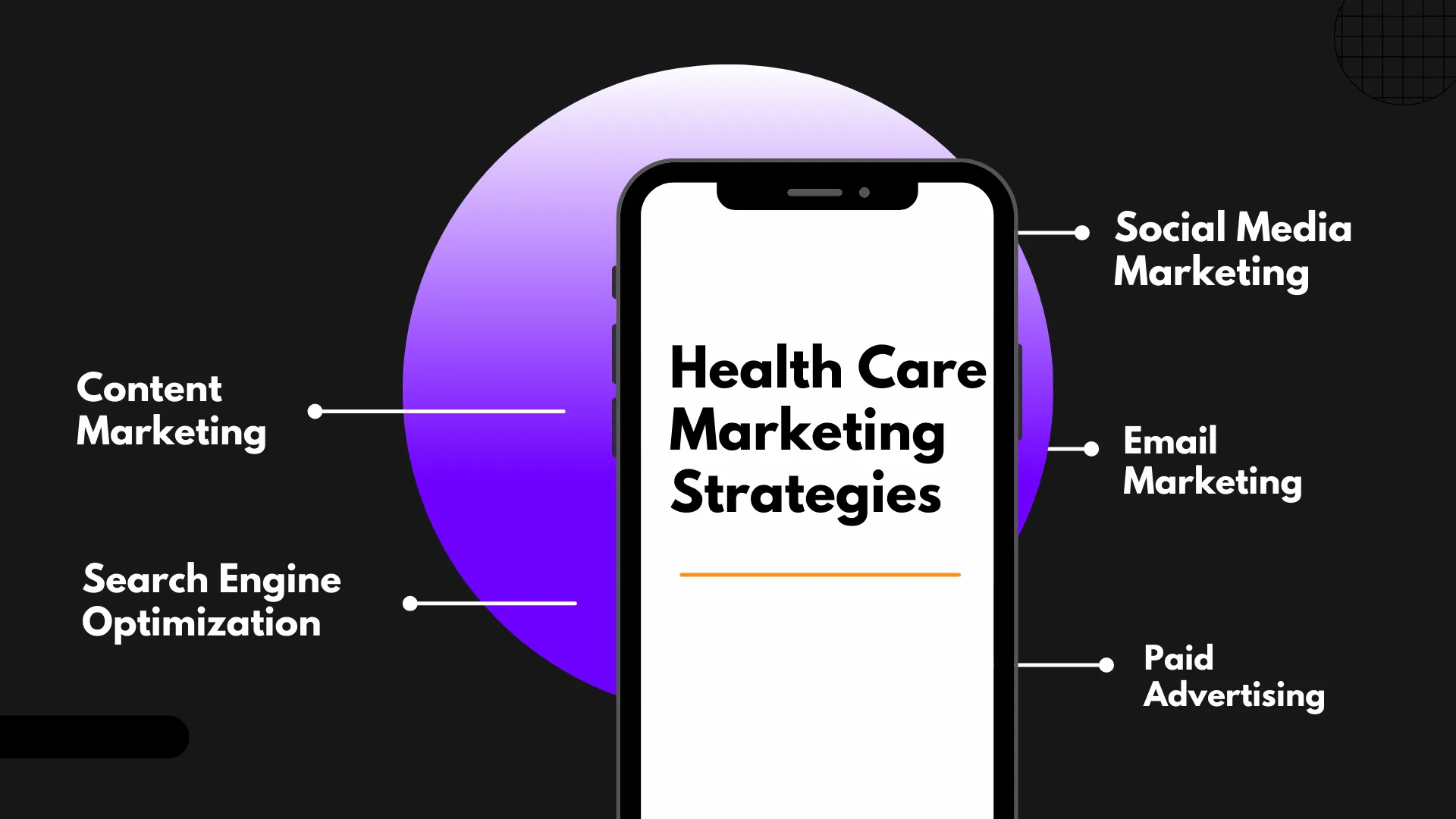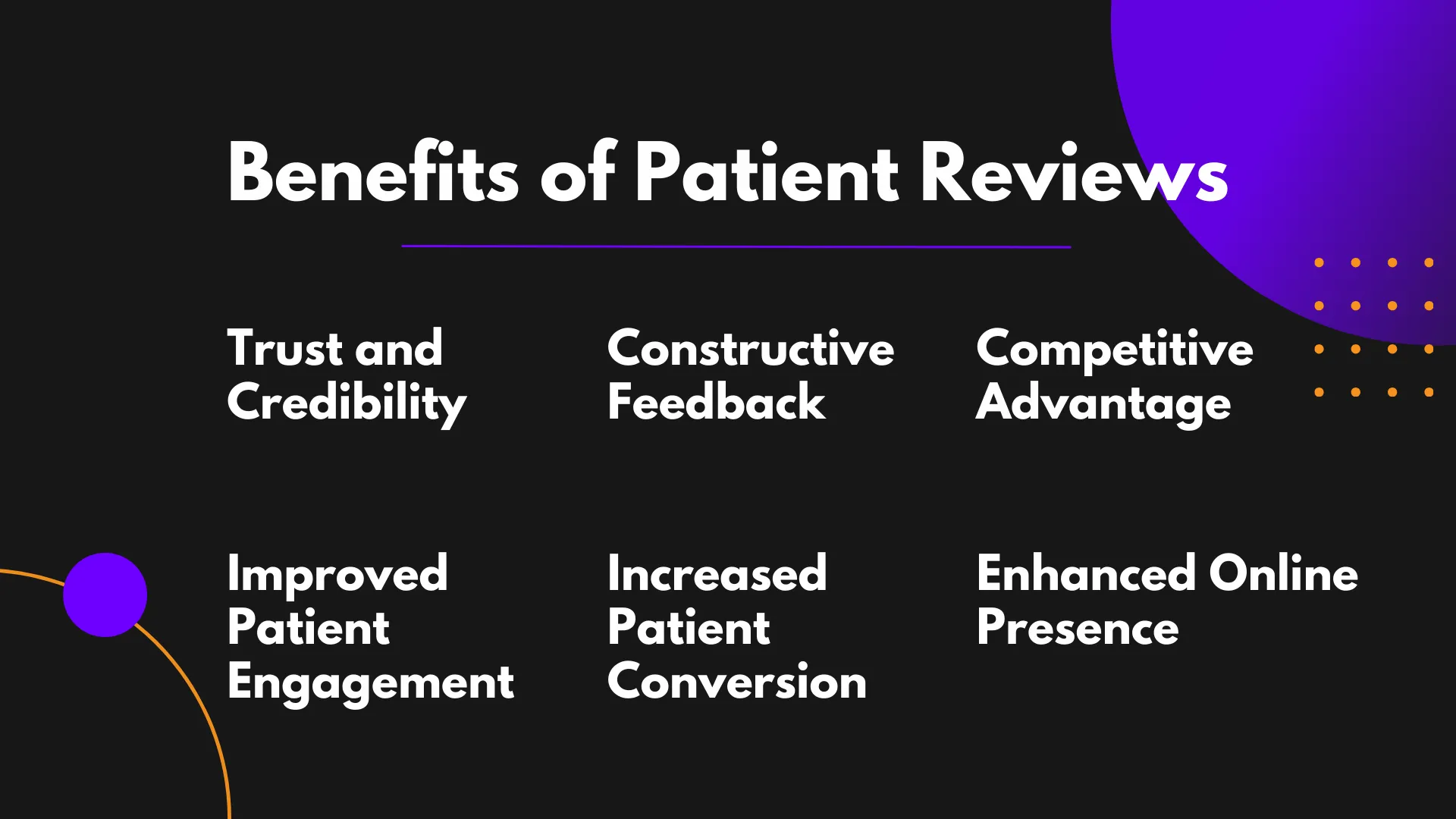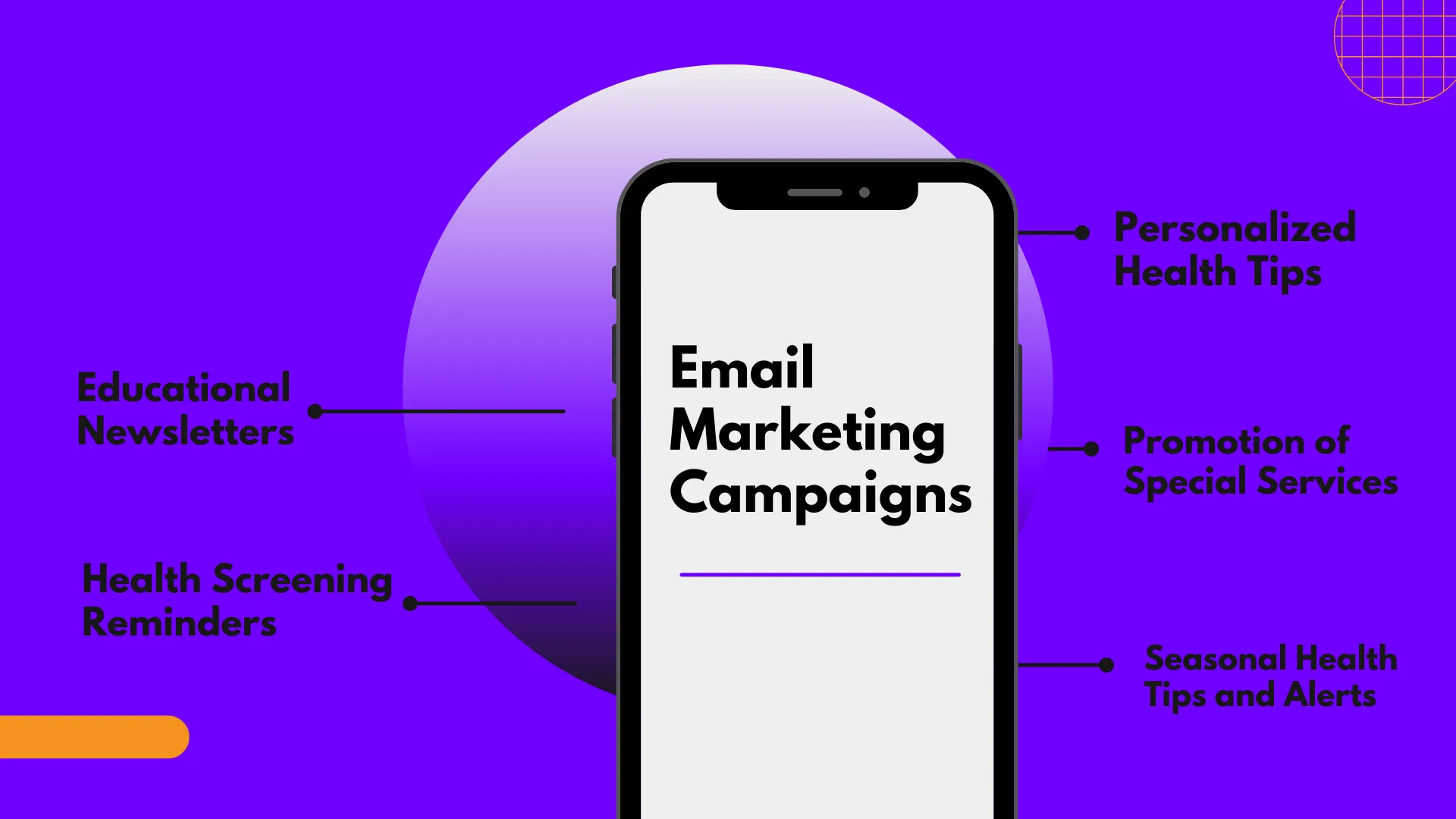Developing a Health Care Marketing Plan: Strategies to Reach Your Audience
Healthcare firms must develop a complete marketing plan to attract and retain patients while providing high-quality services. Online strategies can boost patient volume, brand awareness, and health outcomes with good health care marketing plans.
Today, we will discuss how to develop a healthcare marketing plan and examine in great detail each action a company must take to reach its objectives.
Setting Clear Goals: Defining Objectives in Healthcare Marketing
The definition of marketing objectives for healthcare services is essential. Clear objectives guide and focus all marketing efforts. Healthcare businesses may better allocate resources, measure progress, and make data-driven choices by defining measurable goals.
Clearly state your marketing goals before you get going. What do you want to achieve?
- Get more patients;
- Increase patient retention;
- Increase brand awareness;
- Improve patient education;
-
Offer more services.
Conducting Market Research: A Guide for Medical Marketers
Healthcare providers must research the market before creating a marketing plan. Market research helps healthcare firms identify target consumer needs, interests, and behaviors.
Identifying Your Target Audience
Your healthcare audience must be identified to create an efficient marketing approach. Understanding your audience lets you adjust messaging and techniques to their requirements and interests.
Key actions to determine your medical practice audience:
- Collect demographic data on potential patients, including age, gender, income, education, and geography. Data can reveal what healthcare services they may need.
- Use psychographic profiling to understand your audience. This includes their healthcare choices, health concerns, and their willingness to use digital health tools.
- Survey current patients about their experiences, expectations, and satisfaction. This can reveal areas for improvement and new ways to serve your audience.
- Examine patient appointment scheduling, visit frequency, and service use. This data might help you categorize your audience by healthcare engagement and requirements.
- Learn who your competitors are targeting and how they position their offerings. This can reveal market gaps and differentiation opportunities.
- Know industry changes and patient preferences that may affect your audience. This includes technical advances, healthcare policy changes, and new health issues.
Your healthcare organization audience can be carefully identified to ensure that health care marketing plans attract and keep the correct patients, driving growth and improving health outcomes for your business.
Understanding Your Competitors
Competitive analysis is essential to a successful healthcare marketing approach. Understanding what other local medical practices are doing might help you differentiate your services and enhance your strategy. Healthcare professionals should follow these methods to analyze competitors:
-
Find Key Competitors
- Other local healthcare practices, hospital systems, or specialty clinics may offer similar services.
- Assess Their Services
- Find out what treatments, procedures, and services they offer and any gaps or unique offerings.
- Evaluation of Marketing Strategy
- This includes their website, social media, reviews, and ads. Note their content, messages, and audience involvement.
- Check Their Patient Experience
- Consider reading online reviews, interviewing people about their experiences, and visiting their facilities.
- Know Their Branding
- Are they unique value propositions? Their main selling points? Understanding their brand positioning can help you differentiate your practice.
- Track Pricing Strategies
- Compare their costs to yours and how they communicate value compared to price. Price typically influences patient decisions.
- Use Competitive Intelligence Tools
- SEMrush, Ahrefs, and Google Analytics can help explain website traffic, SEO, and digital advertising.
Healthcare marketers can improve patient outcomes and organizational growth by thoroughly evaluating competitors to inform their healthcare marketing strategies and gain a competitive edge.
 Uncovering Key Insights Through SWOT Analysis
Uncovering Key Insights Through SWOT Analysis
SWOT analysis is essential for marketing plan health care to understand their internal and external environment. SWOT is Strengths, Weaknesses, Opportunities, and Threats.
A thorough SWOT analysis helps healthcare clinics make informed decisions, maximize on their strengths, correct their flaws, capture opportunities, and protect against threats. It also allows organizations to stay competitive and adapt to market changes effectively. A holistic approach ensures long-term healthcare success, growth, and patient outcomes.
Buyer Personas: A Guide to Understanding Your Audience
Understanding your target patients’ wants and preferences allows you to personalize your marketing messages and healthcare services. Personas let you market to your most valued customers. Clear personas improve communication consistency and relevance. In email marketing, social media posts, and patient consultations, knowing your audience improves engagement. Without these considerations, building a patient-centric health care marketing plan is difficult.
Steps to create comprehensive buyer personas:
- Divide Your Audience
-
To divide your audience, find trends in the data.
- Segments should be distinct subsets of your target market with separate requirements and behaviors.
-
- Profile Personas
- Create extensive profiles for each component with fictional names and backstories to make them relatable.
- Include demographics, goals, difficulties, preferences, and healthcare behaviors.
- Verify Personas
- Your team should validate these personas using patient experiences and feedback.
- Adjust personas for correctness and relevance.
-
Regularly update
- Periodically revisit your personas to match patient demographics, industry developments, and feedback.
-
As your clinic grows, add new data to keep personas relevant.
The Importance of SMART Goals in Marketing Strategy
SMART goals are recognized for defining clear, actionable, and achievable goals. Utilizing SMART goals, marketing initiatives are focused on particular and pertinent targets, therefore reducing resource waste on nebulous or general aims. Measurable goals give exact standards for assessing the effectiveness of marketing plans and initiatives. This helps healthcare marketers to evaluate what is effective and what is not, so promoting ongoing development. These strategic marketing plans for health care services increase marketing efficiency and promote the mission of great treatment and meaningful patient engagement.
Creating a Unique Value Proposition
UVP clearly states healthcare organizations’ unique benefits and advantages, setting it apart from competitors. It includes the distinctive services, qualities, and experiences your clinic offers to meet patient requirements and expectations.
Well-written health care marketing plans explain why people should select your practice above others, highlighting your values, expertise, and exceptional patient care. A UVP effectively communicates what makes your healthcare services unique and how they meet patient demands, attract and retain patients, develop loyalty, and boost marketing performance.
Best Health Care Marketing Strategies to Reach Audience
Numerous channels are included in digital marketing plans for health care practices, and each has benefits. Patients prefer distinct information consumption methods. While some prefer social media updates, others prefer email newsletters or professional blog pieces for their depth and legitimacy. Multiple channels allow you to accommodate these preferences, improving patient involvement.

How Content Marketing Transforms Healthcare Engagement
Content marketing attracts and engages a specific audience by developing and delivering valuable, relevant, and consistent content. To generate profitable customer action, build trust and knowledge.
Content marketing in healthcare might include instructional blog entries, patient testimonials, informative videos, and insightful social media updates that address patient concerns and promote the practice’s offerings.
Meaningful content helps healthcare professionals develop confidence with clients and become trusted medical information sources.
Integrating SEO and SEM for a Comprehensive Digital Marketing Strategy
SEO increases a website’s presence in organic (unpaid) search results. Search Engine Optimization in marketing plan health care encompasses keyword optimization, website structure, and high-quality backlinks. The main goal is to rank the medical practice at the top of search engine results for linked healthcare services.
Local SEO is also crucial for effective healthcare marketing strategy because it targets patients searching for local medical services. Completed profile in Google Business helps medical practices rank well in search results and local map packs.
Search Engine Marketing uses paid advertising to boost a website’s SERP ranking. Medical offices can bid on terms relating to their services in PPC ads. Searches for certain keywords show the practice’s adverts alongside organic results. This immediate visibility can help reach potential patients swiftly and successfully.
Healthcare marketing requires SEO and SEM for a strong digital presence. Cost-effective and sustainable SEO improves organic search presence for long-term growth.
However, SEM offers immediate results, making it excellent for promoting new services or special offers. It enables real-time healthcare marketing strategy optimization through accurate targeting and measurable results.
SEO and SEM help healthcare providers reach more people, engage people, and increase appointments and practice growth.
Boosting Healthcare Brand with Targeted Social Media Marketing
Social Media health care marketing plans have to cater to the demands of the audience and legal considerations. Social media platforms can greatly affect healthcare marketing initiatives’ efficiency and reach. Pay especially attention to LinkedIn, Facebook, Twitter, and Instagram.
Keep your branding consistent across platforms to create a recognizable presence. This includes logo, color, and messaging consistency. Respond to potential patients’ comments, messages, and stories. Prompt replies and individualized interactions foster trust and community.
How Telehealth Services Transform Healthcare Marketing
Telehealth has transformed healthcare delivery, improving patient happiness and clinical efficiency. Improved accessibility allows patients in remote or underserved locations to receive consultations and follow-ups without traveling. This convenience extends to those with restricted mobility or who need frequent medical attention yet struggle to visit hospitals.
Equally important benefits include:
-
Live monitoring for timely medical action.
- Health risk detection early.
- Effective provider time and resource allocation.
- Patient wait times decreased.
- A better patient experience.
- Increased healthcare provider reach.
- Improved specialist multidisciplinary collaboration.
- EHR integration simplifies documentation.
- Better clinical decision-making with more accurate data.
- An integrated patient history.
- Ability to meet changing patient needs.
Health care marketing plan examples for hospitals incorporate this approach since it improves patient engagement along with multi-platform promotion.
 Building Trust Through Patient Reviews and Testimonials
Building Trust Through Patient Reviews and Testimonials
Healthcare professionals use patient evaluations and testimonials to develop confidence and credibility with potential patients. Positive reviews and personal testimonials provide credible, first-hand accounts of patient experiences, influencing healthcare provider selection in an era where consumers extensively study providers.
An organized plan and happy consumers are the foundation of an effective healthcare marketing strategy. Thus, concentrate your efforts on a comprehensive marketing strategy or take into account consulting healthcare marketers to help guarantee you obtain the outcomes.
Maximizing Impact Through Strategic Email Marketing
Medical practices need email marketing to stay in touch with current and potential patients. Email is a direct, personal, and focused means to provide information, updates, and promotions, unlike social media. Email marketing, one of the cost-effective marketing methods, lets healthcare providers access a big audience.

Optimizing Healthcare Marketing Through Continuous Monitoring and Measurement
Monitor your marketing performance and alter strategies. Use each platform’s analytics features to track interaction, reach, and conversions. Review these findings often to determine what works and adapt your approach.
Use patient surveys or feedback forms to get direct feedback on your marketing efforts. These findings can help customize future campaigns to patient needs.
Best Results Monitoring Tools:
- Google Analytics
- The popular website performance tracking tool that provides deep insights into user behavior, traffic sources, and conversion rates.
- Hootsuite
- This social media management tool lets you schedule messages, track engagement across platforms, and analyze performance.
- Mailchimp
- Mailchimp, an email marketing tool, tracks open rates, click-through rates, and campaign results.
- SEMrush
- The SEO tool that tracks website rankings, keyword performance, and backlink profiles.
- Facebook Insights
- This free application gives detailed insights on post-performance, audience demographics, and engagement trends for business activities.
Your healthcare marketing strategy must be constantly refined and adjusted depending on data and feedback. Keep up with industry changes, new platforms and features, and strategy effectiveness.
Summarizing Key Strategies for Health Care Marketing Success
Creating an effective healthcare marketing plan calls for thorough preparation, investigation, and application. Following these guidelines, with the expertise of Webugol, will help you develop a comprehensive plan that attracts and retains patients, strengthens your brand’s reputation, and drives business growth.


